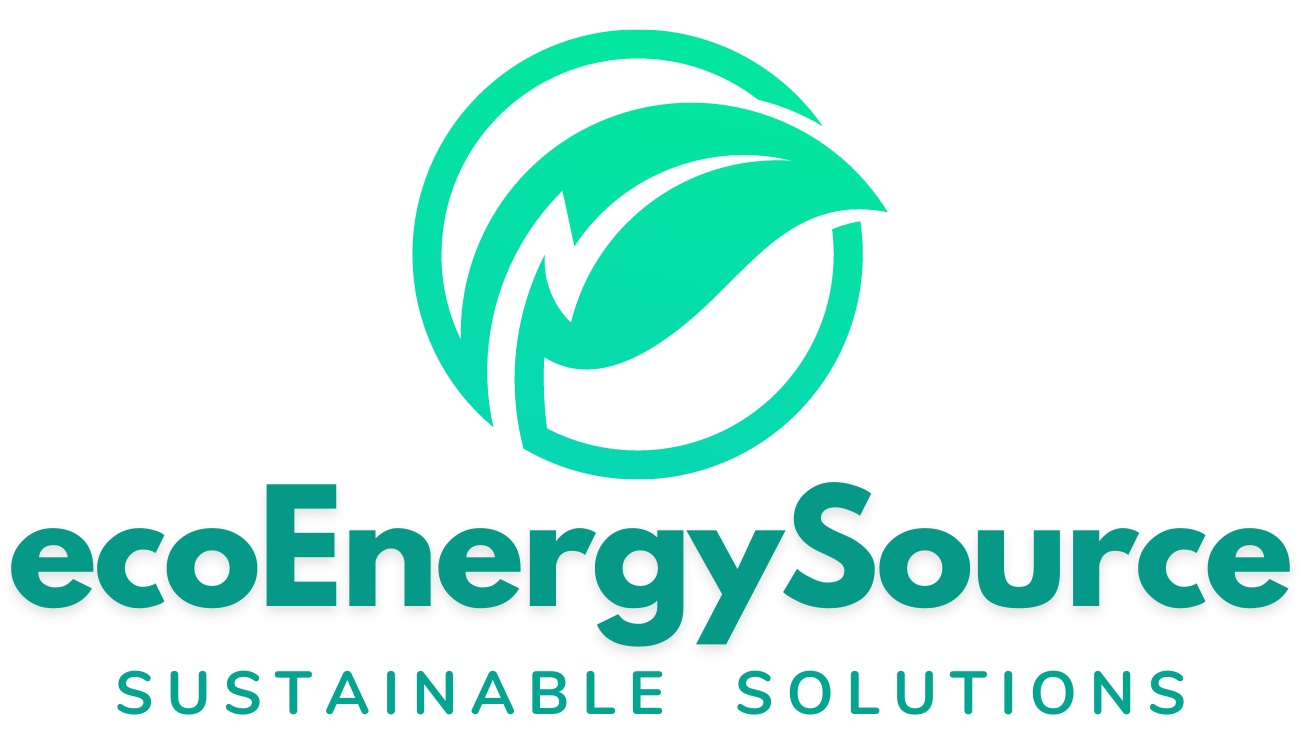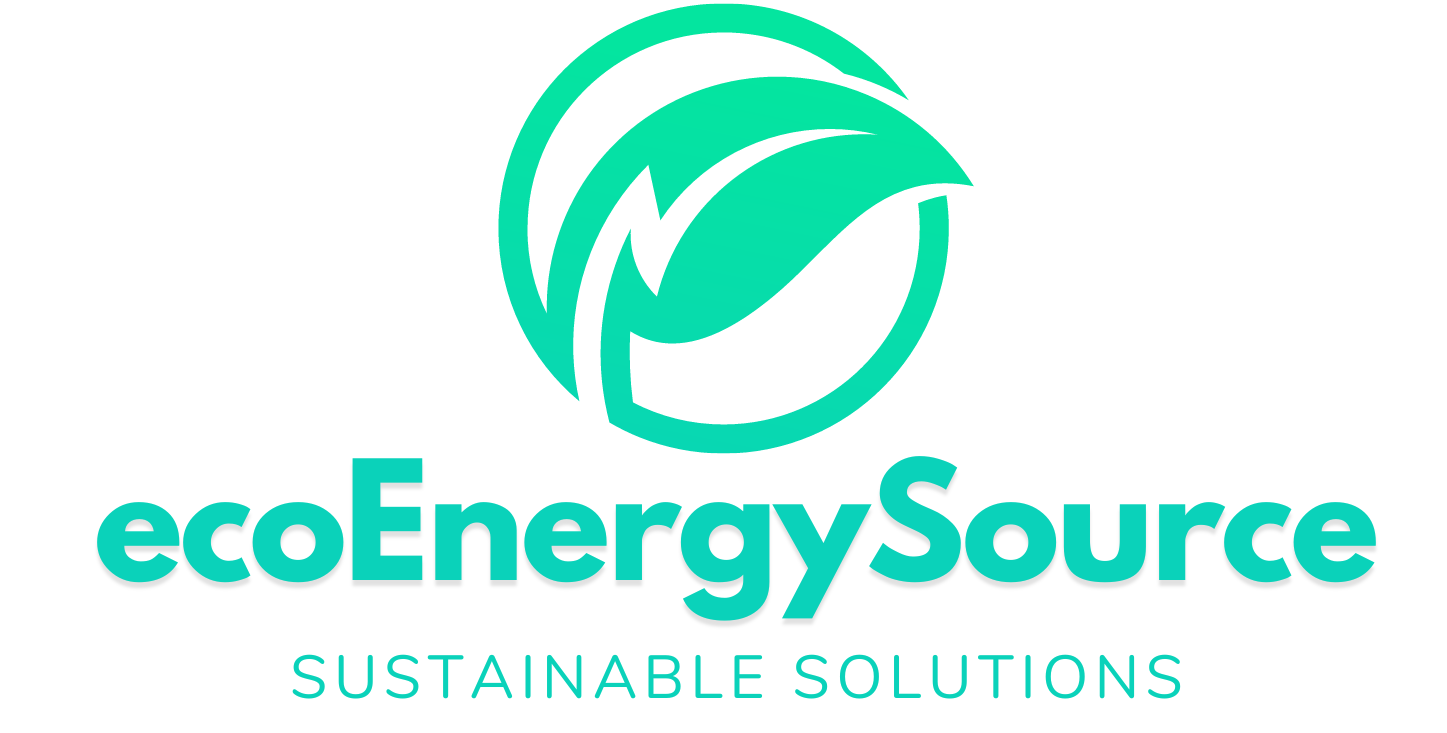Introduction
The dream of off-grid living—energy independence, sustainability, and self-sufficiency—is increasingly attractive in the UK. But the question many ask in 2024 is: “Can solar power make off-grid living feasible?”
The short answer: yes. Modern solar technology, combined with batteries and smart energy management, makes it possible for homeowners and small businesses to live off the grid while maintaining comfort and reducing costs.
Here’s how solar is transforming off-grid living in the UK.
1. What “Off-Grid” Means in the UK
Going off-grid means disconnecting from the national electricity network and generating your own power:
- Solar panels capture sunlight to generate electricity.
- Batteries store energy for night-time or cloudy days.
- Backup systems (like generators) may be used sparingly for emergencies.
💡 2024 Insight: Advances in solar efficiency and battery storage make full off-grid living more realistic than ever—even in the UK’s less sunny regions.
2. Solar Panels: The Backbone of Off-Grid Energy
Solar panels are the primary energy source for off-grid homes:
- Efficiency matters: High-quality panels generate maximum energy per square metre.
- Orientation and tilt: South-facing roofs or ground-mounted panels optimise sunlight capture.
- Durability: Panels designed for UK weather last decades with minimal maintenance.
💡 Tip: For off-grid setups, consider bifacial or PERC panels to get energy from indirect sunlight.
3. Battery Storage: Energy When You Need It
Storing solar energy is essential for off-grid living:
- Batteries ensure power is available at night or during cloudy periods.
- Modern lithium-ion systems offer high capacity, long life, and smart energy management.
- Combining solar + battery can cover most household energy needs reliably.
💡 2024 Insight: Homes with battery storage can become nearly fully independent from the grid while reducing energy costs.
4. Smart Energy Management Systems
Smart systems and AI technology optimise energy usage:
- Monitor consumption and adjust appliances automatically.
- Prioritise essential loads during low solar generation.
- Integrate EV charging, lighting, and heating for maximum efficiency.
💡 Result: Efficient energy use with minimal waste, even in unpredictable UK weather.
5. Financial and Environmental Benefits
Off-grid solar living is not just practical—it’s beneficial for your wallet and the planet:
- Lower energy bills: No grid electricity costs.
- Government incentives: SEG payments and VAT reductions may still apply depending on setup.
- Environmental impact: Reduce reliance on fossil fuels and cut CO₂ emissions dramatically.
💡 Pro Tip: Combine solar with energy-efficient appliances to maximise off-grid performance and savings.
6. Challenges to Consider
While solar makes off-grid living feasible, some challenges remain:
- Initial setup cost can be high, especially with batteries.
- Energy management requires careful planning for seasonal variations.
- Backup solutions may be needed for prolonged cloudy periods.
💡 Tip: A professional energy assessment ensures your system meets your household’s unique needs.
Conclusion: Solar Is the Key to Off-Grid Living
For UK homeowners seeking independence, sustainability, and lower bills, solar power is the cornerstone of off-grid living. Paired with batteries and smart systems, it allows comfortable, reliable, and eco-friendly living—even in the UK’s variable climate.
At Eco Energy Source, we help homeowners design off-grid solar systems that maximise energy independence and long-term savings. Contact us today to explore if solar is the key to your off-grid lifestyle in 2024.




